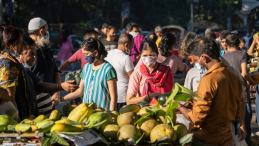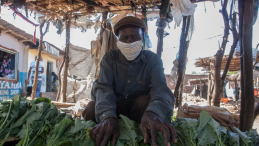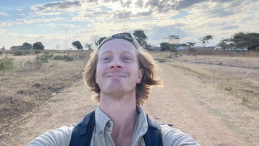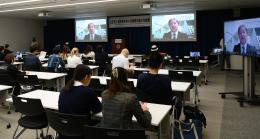The COVID-19 pandemic created unprecedented challenges around the world, triggering a global economic downturn, causing large-scale border closures, and placing enormous strains on the systems servicing populations everywhere.
In many conflict settings, COVID-19 created new opportunities for armed groups to expand their influence, undermine state authority, and increase recruitment. Boko Haram spread misinformation and targeted health workers in the hopes of gaining leverage in northern Nigeria. In Afghanistan, the Taliban rolled out large-scale propaganda campaign and imposed its own quarantine processes, demonstrating its influence and control over large parts of the country. And in Somalia, Al Shabaab set up COVID-19 treatment cells, criticizing the Somali government for its failures to respond. In some cases, such as Colombia, dissident FARC elements imposed harsh militarized measures to control the spread of the virus. Criminal groups in Mexico similarly built up capital by providing pandemic responses in many areas, while white supremacist groups in the United States sought to weaponize COVID-19.
This event was a collaboration between UN University Centre for Policy Research, the Brookings Institution, and the Centre for the Study of Armed Groups at the Overseas Development Institute. The panelists explored the various ways in which armed groups instrumentalized the pandemic, how governments responded, and what specific steps were taken. Each of the panelists had conducted in-depth field research in areas affected by non-state armed groups and offered evidence-based policy insights and recommendations.
The panelists each briefly presented their main findings and recommendations, followed by a moderated discussion amongst the audience.
A recording of the event can be accessed here.






